Transparency empowers sustainable supply chains
2019-06-25GoldenBeeGoldenBee0
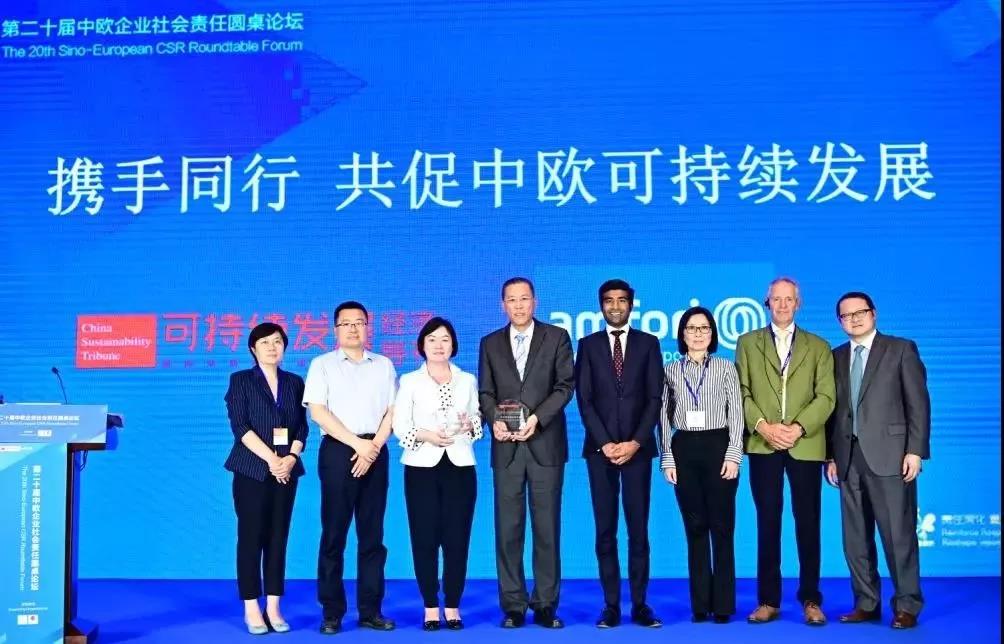
On June 12, the 20th Sino-European CSR Roundtable Forum, co-hosted by China Sustainability Tribune and amfori, was held in Beijing.
More than 100 experts and representatives from governments, associations, research institutions, international organizations, well-known companies and sustainability experts shared their perspective on the theme of “Transparency for Sustainable Supply Chains”, such as policy’s promotion, technology-driven improvement measures and practices, to actively enhance the transparency for the supply chains.
Practice and Innovation
High transparency promotes collaboration and trust
Focusing on the theme of this forum, Mr. Xu Hua, Director, General Office, Department of Policies, Laws and Regulations, Ministry of Industry and Information Technology (MIIT) and Ms. Joyce Chau, amfori Director Asia Pacific, delivered a welcoming address on the forum.
Mr. Xu introduced the relevant standards and policies issued by government ministries and the Department of Policies, Laws and Regulations of MIIT, as well as its relevant practices of sustainable supply chains through international cooperation. He cited the Observation Report of the Green Supply Chain Development of ICT Industry 2019 to analyze the information disclosure of supply chains in China.
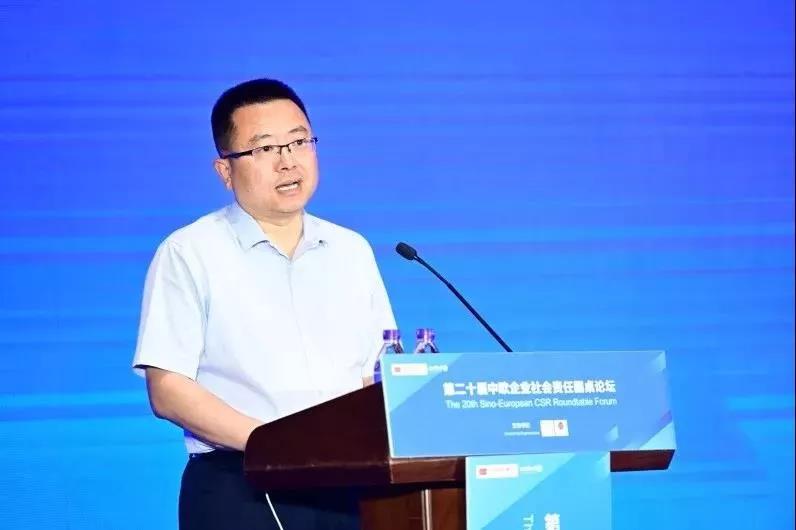
He said that, as an important part of CSR fulfillment for enterprises, the sustainable supply chain is vital in promoting high-quality development of manufacturing industry and building a strong manufacturing country. It is hoped that all enterprises can participate in and practice social responsibility, actively disclose their rules of social responsibility governance and improve the transparency of the supply chains. They should actively cooperate with and support associations and industries in building sustainable supply chains.
Against the background of the current trade situation, Ms. Joyce Chau stressed the importance of transparency in building an open and responsible supply chain. She pointed out that transparency is the basis for all parties to build trust, formulate strategies and jointly respond to social and environmental risks. It is also the core work to satisfy consumers’ right to know.
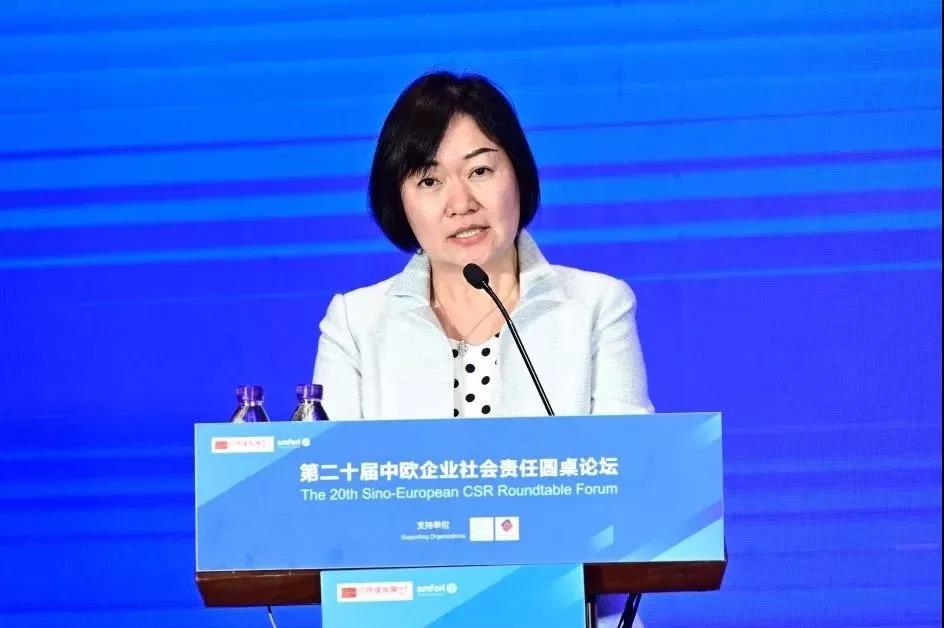
Being transparent is becoming the new normal for companies. It is not only the demand of the market, but also the strong support for realizing Goal 8 and Goal 10 of Sustainable Development Goals. She also introduced the transparency at amfori from aspects of product transparency, supply chain transparency as well as due diligence and transparency.
In addition, representatives from the Embassy of the Kingdom of the Netherlands, IBM, EPEC E-Commerce Co., Ltd., and Novi Footwear International shared their practical experience on enhancing the transparency of supply chains.
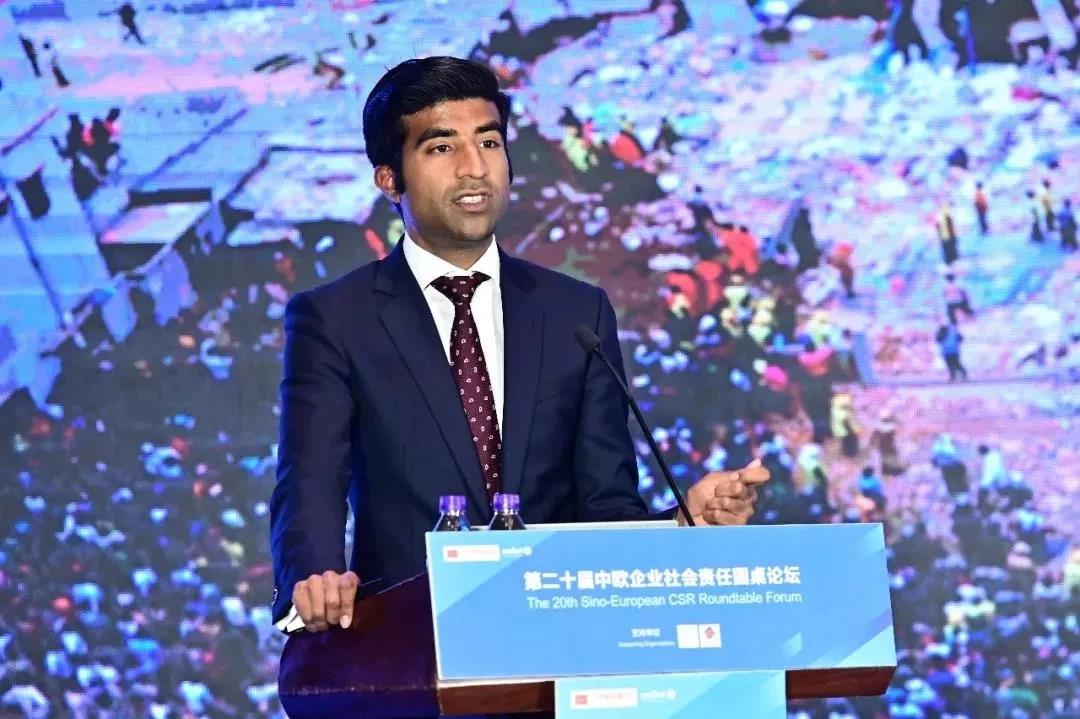
Mr. Kavish Bisseswar, Diplomat at the Embassy of the Kingdom of the Netherlands in Beijing, shared that the role of the Dutch government is one of facilitation, rather than regulation, in promoting supply chain transparency. Emphasis is put on voluntary social agreements, which allows the responsibility for sustainable economic development to be shared among all stakeholders, both public and private, fosters themselves to collective actions, and makes them share risk and hold each other for accountable.
Based on the Dutch Agreement on Sustainable Garments and Textiles (2016) and Sino-Dutch project in the Yangtze River Delta (2018), he analyzed the bedrock role of transparency for voluntary social agreements, namely, transparency is critical for companies in order to identify, mitigate and prevent risks; transparency increases accountability; transparency allows knowledge to be shared and best practices to be exchanged.
Mr. Steve Yao, Vice President of Smart Supply Chain, IBM Greater China, taking the cross-border multimodal transport supply chain as an example, introduced the practical application of TradeLens, a blockchain-enabled digital shipping platform, in trade. He explained the driving effect of TradeLens for global trade development by connecting the upstream and downstream ecosystems of the supply chain, driving true information sharing, fostering greater transparency, collaboration and trust, and spurring innovation.
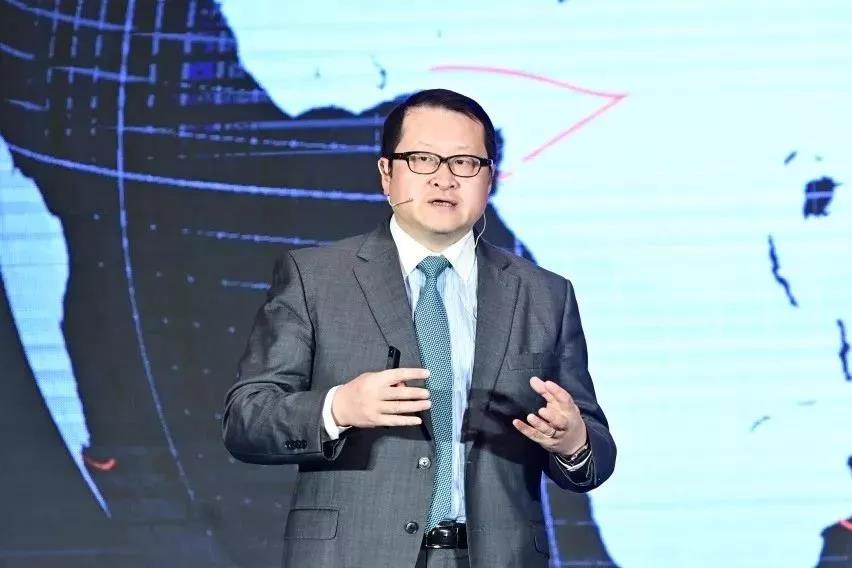
He said that the high security, controllability and visibility of blockchain technology itself could make the complex global trading system easier.
Ms. Zhang Miaomiao, Deputy Manager of Cross-border E-commerce Department, EPEC E-Commerce Co., Ltd., Sinochem Corp, shared the company’s initiative, EPEC Supply Chain Sunshine Action.
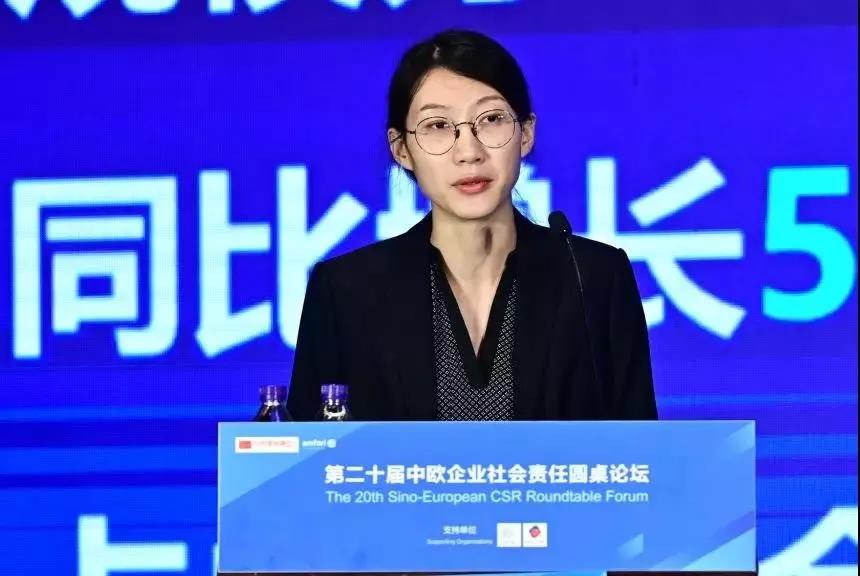
She said that the action advocates the whole-process and cross-entity information transparency, sharing, security and traceability, aiming to solve the untransparency in product flow, information flow and capital flow in the supply chain. By promoting standardized procurement, digitalized manufacturing, transparent logistics and information shared by Internet of Things, we will build a transparent, honest, trustworthy and responsible e-commerce platform for industrial products.
Ms. Selina Yu, Head of Corporate Services, Novi Footwear International, pointed out the challenges to footwear industry, especially the supply chain transparency, in her sharing. From the perspective of five qualities of transparency, namely openness, trust, accountability, and responsiveness of all parties as well as communication, she analyzed the complementary relationship between transparency with the government, social compliance, the environment and retailers. She said we need to build mutual trust for a sustainable future and remain open and transparent on the inter-relationships within the supply chain.
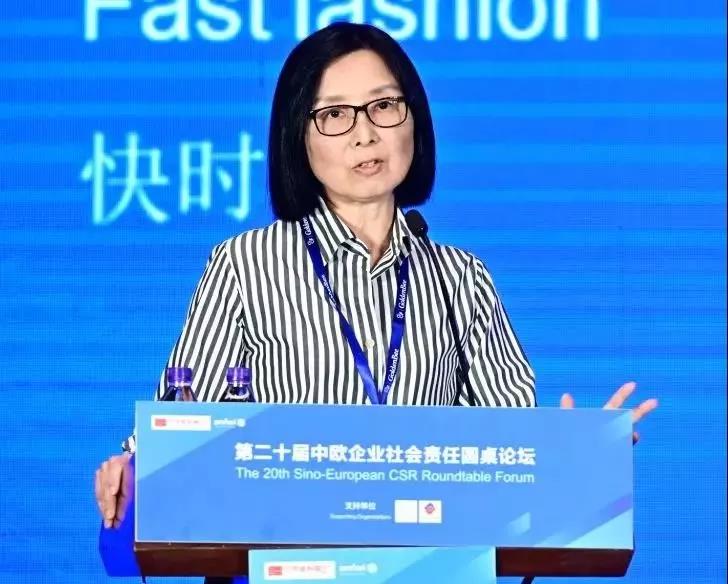
The forum also set up a panel discussion session. The panelists and attendees discussed the challenges and related practices and measures to enhance the transparency for the supply chains, and provided useful suggestions based on practical experience.
Mr. Hans Kröder, Vice Chair of ISO 26000 Stakeholders Global Network, taking the Netherlands as an example, emphasized the results of applying ISO 26000 in an integrated way, namely, promoting sustainability cannot be just within the organization, and should include the collaboration with partners, suppliers, customers, consumers and the government.
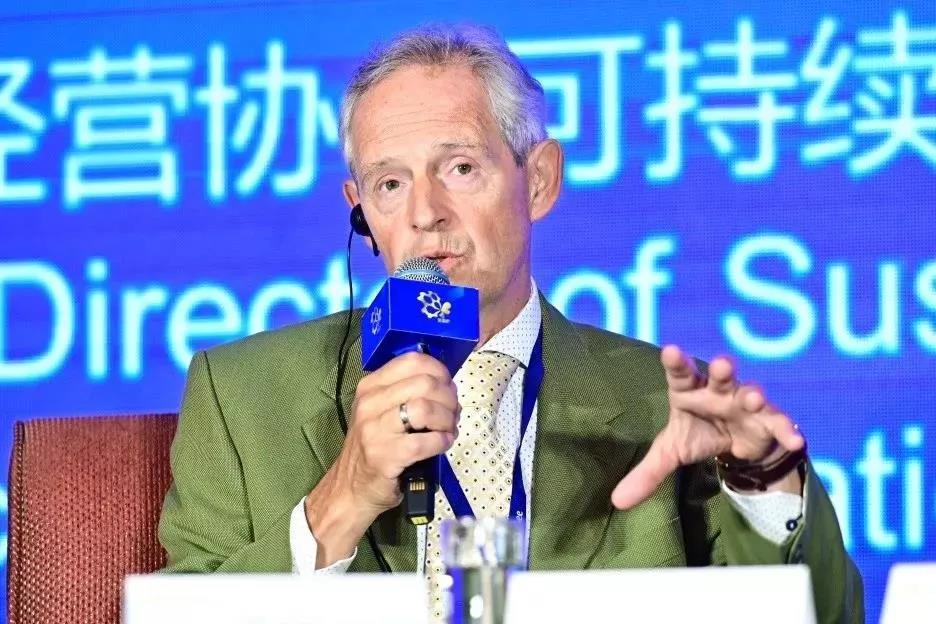
Sustainable development only can be achieved through cooperation and transparency can be enhanced through sharing.
Ms. Zhang also introduced EPEC’s efforts in promoting supply chain management. EPEC launched product standards to comprehensively assess suppliers from aspects of legal credit certification, product quality certification, market performance and leading innovation. It also incorporates information about environment, management of green production and personnel management into its relevant information display, so as to promote suppliers’ positive improvement through information transparency.
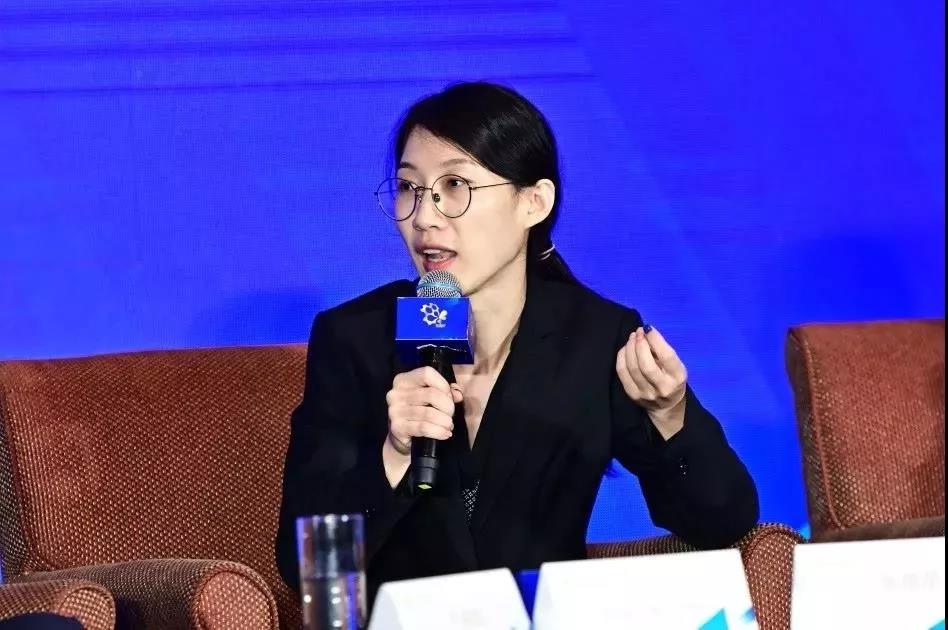
Ms. Wenhua Wang, Director of Sustainable Consumption Promotion Department, China Chain Store & Franchise Association (CCFA), shared three dimensions of CCFA’s efforts in the supply chain. Firstly, focusing on the promotion of sustainable supply chain, CCFA promotes the public to pay attention to responsible procurement based on China Sustainable Retail Roundtable; secondly, centering on the support plan for small and medium-sized enterprises, CCFA helps them upgrade by developing transitional standards so that they can meet the quality promotion plan CCFA promotes; thirdly, CCFA matches the building of supply chain with the position of retail enterprises from the source, and introduces more healthy, safe and environmental protection products.
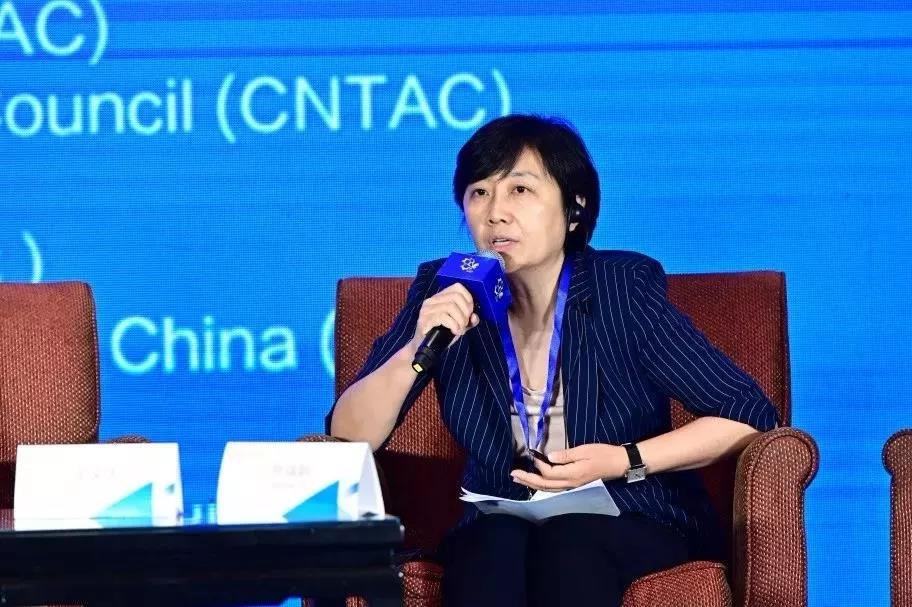
Ms. Yu answered questions about the conflict between transparency and privacy, law and politics. She said that each region and country had different standards, especially the consumption and lucky money issues, which need to be taken seriously and even severely punished.

For producers, we need to take proper management, accountability and training, find problems together and correct them. For buyers, we should develop proper purchasing practices and foster long term relationships. Whether it is the buyer or the headquarters of a producer, they should act in accordance with the laws and regulations in practice, and the delivery time should not be compressed too tight.
Contribution to Sino-European sustainable development
Since the 1st Sino-European CSR Round Table Forum held in 2008, the Forum has been successfully held for 19 times, with more than 1,200 representatives and more than 140 speakers participating in and sharing their experience in social responsibility and responsible supply chain.
Mr. Yu Zhihong, President and Editor-in-chief of China Sustainability Tribune, as one of the hosts of the Forum, reviewed the Sino-European CSR Roundtable Forums, and summarized the role of the Forum in promoting the Sino-European sustainable development from four aspects: following the hotspots of social responsibility/sustainability, mapping with the Sustainable Development Goals, deepening exchanges and cooperation, providing applicable tools and methodologies.
Mr. Yu Zhihong, President and Editor-in-chief of China Sustainability Tribune, as one of the hosts of the Forum, reviewed the Sino-European CSR Roundtable Forums, and summarized the role of the Forum in promoting the Sino-European sustainable development from four aspects: following the hotspots of social responsibility/sustainability, mapping with the Sustainable Development Goals, deepening exchanges and cooperation, providing applicable tools and methodologies.
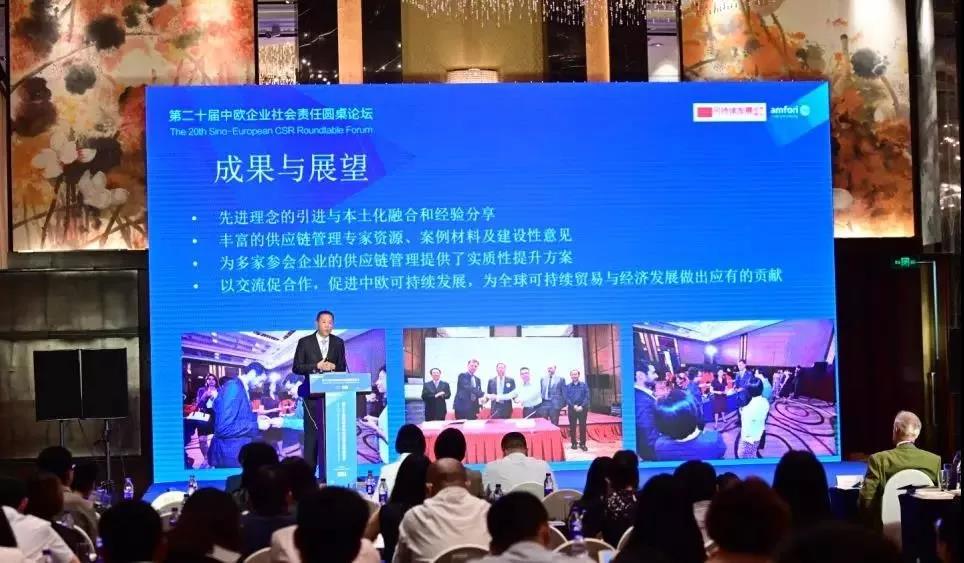
Mr. Christian Ewert, President of amfori, also said in the video that he was pleased that the solid and strategic partnership between amfori and China Sustainability Tribune and for the past Sino-European CSR Roundtable Forums co-hosted by both. He looks forward to strengthening the partnership with China Sustainability Tribune.
The 20th Forum marks a meaningful milestone of amfori and China Sustainability Tribune’s fruitful cooperation. Witnessed by the speakers and all attendees, both sides exchanged the thank-you gifts and announced to a closer partnership with the joint vision and dedication to supporting the SDGs and will work closely with all stakeholders to promote the sustainable development for both China and the world.
Best Practices
- The 100-year brand — Air Liquide also has a sense of juvenile
- Beijing Public Transportation Corporation: Developing green transportation to build a harmonious and livable capital
- CGN: Building a modern factory in barren deserts and developing a new win-win cooperation model along “Belt and Road”
Upcoming Event

All the materials on the site “Source: XXX (not from this site)” have been reprinted from other media. They do not imply the agreement by the site.
All the materials with “Source: CSR-China Website” are the copyright of CSR-China Website. None of them may be used in any form or by any means without permission from CSR-China Website.
GoldenBee Official WeChat
Copyright © Csr-china.net All Right Reserved.
京ICP备19010813号










